The growth of the gambling industry has spawned new research aimed at the effects of gambling on the brain. Gambling was historically viewed as an impulse disorder, but the DSM 5 has now categorized problem gambling as an addictive disorder. Recent studies in psychology, neuroscience and genetics suggest similarities between gambling addiction and drug/alcohol addiction. In other words, Tom’s brain at the craps table functions much like John’s brain when he is under the influence of a euphoria inducing drug.
Dr. Charles O’Brien, Chairman of the Substance Related Disorders Work Group for the DSM 5, states that imaging studies and neuro-chemical tests support the notion that gambling activates the brain’s reward system in much the same way a drug does. Both gambling and drug usage can stimulate the brain to release up to ten times more dopamine than normal.
Evidence shows that pathological gamblers respond well to medications and therapy typically used for addictions. For instance, naltrexone is an opiate antagonist used to treat alcohol and opiate addiction. Though this medication is not yet approved as a treatment for gambling disorders, studies have shown its effectiveness in suppressing the ‘rush’ experienced while gambling, thus reducing compulsive gambling behavior. Cognitive behavioral therapy, frequently used to treat addictions, has become a treatment of choice for compulsive gamblers.
For help and resources, contact:
Gamblers Anonymous – www.gamblersanonymous.org
National Council on Problem Gambling – www.ncpgambling.org
SMART Recovery – www.smartrecovery.org
University of Maryland Center on Problem Gambling – www.mdproblemgambling.com

